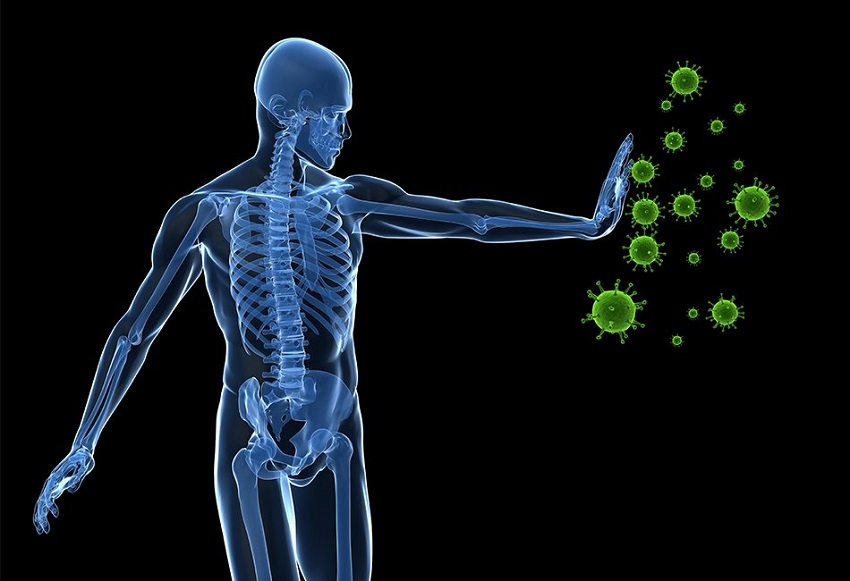
24 Jul What Are the Importance of Phytochemicals?
Phytochemicals, also known as phytonutrients, are naturally occurring compounds found in plants. They are responsible for the vibrant colors, flavors, and aromas of fruits, vegetables, herbs, and other plant-based foods. Beyond their sensory appeal, these bioactive compounds offer a wide array of health benefits when included in our diet. In this article, we will explore the importance of phytochemicals and how they contribute to our overall well-being. The article is submitted by improvelifehere.com
The Power of Phytochemicals
Phytochemicals are not considered essential nutrients, but research has shown that they play a significant role in promoting health and preventing diseases. Unlike vitamins and minerals, phytochemicals are not required for the basic functioning of the body, but they have powerful effects on various physiological processes.
Antioxidant Properties
One of the key benefits of phytochemicals is their antioxidant properties. These compounds neutralize harmful free radicals in the body, which are unstable molecules that can damage cells and DNA. By scavenging free radicals, phytochemicals help reduce the risk of chronic diseases such as heart disease, cancer, and neurodegenerative disorders. Discover the phytonutrients fruits and vegetables.
Anti-Inflammatory Effects
Phytochemicals also exhibit anti-inflammatory effects, which are crucial for maintaining a balanced immune system. Chronic inflammation is associated with numerous health problems, including arthritis, diabetes, and obesity. By consuming phytochemical-rich foods, we can help keep inflammation in check and protect our bodies from long-term damage.
Cardiovascular Health
Certain phytochemicals, like flavonoids and polyphenols, have been linked to improved cardiovascular health. They can lower blood pressure, reduce LDL cholesterol levels, and enhance blood flow, reducing the risk of heart disease and stroke.
Cancer Prevention
Numerous studies have shown that phytochemicals possess anti-cancer properties. They can inhibit the growth of cancer cells, prevent DNA damage, and promote apoptosis (cell death) of abnormal cells. Including phytochemical-rich foods in our diet may contribute to a lower risk of developing certain types of cancer.
Gut Health
Phytochemicals play a crucial role in supporting gut health. Some phytonutrients act as prebiotics, promoting the growth of beneficial gut bacteria. A healthy gut microbiome is essential for digestion, nutrient absorption, and a robust immune system.
Weight Management
Maintaining a healthy weight is essential for overall well-being, and phytochemicals can assist in weight management efforts. Certain compounds can boost metabolism, curb appetite, and reduce fat absorption, aiding in weight loss and weight maintenance.
Brain Function
Phytochemicals may also have positive effects on brain health and cognitive function. They can protect brain cells from oxidative stress and inflammation, potentially reducing the risk of age-related cognitive decline and neurodegenerative diseases.
Skin Health
The benefits of phytochemicals extend to skin health. Some compounds, like carotenoids, can protect the skin from UV damage and promote a healthy complexion. Including phytochemical-rich foods in our diet can contribute to a radiant and youthful appearance.
Immune System Support
A robust immune system is vital for fighting off infections and maintaining overall health. Phytochemicals, especially those found in colorful fruits and vegetables, can bolster the immune system, helping us stay resilient against illnesses.
Hormonal Balance
Certain phytochemicals have been shown to influence hormone levels in the body. They may help regulate hormonal imbalances and alleviate symptoms of conditions like PMS and menopause.
Detoxification
Phytochemicals support the body’s natural detoxification processes. They can enhance liver function and aid in the elimination of toxins, contributing to better overall health.
Bone Health
Some phytochemicals, like isoflavones, have been linked to improved bone health and a reduced risk of osteoporosis. Including plant-based foods in our diet can be beneficial for maintaining strong and healthy bones.
Digestive Health
Phytochemicals can promote digestive health by improving gut motility and reducing the risk of digestive disorders like constipation and irritable bowel syndrome (IBS).
Eye Health
Certain phytonutrients, such as lutein and zeaxanthin, are essential for eye health. They can protect against age-related macular degeneration and maintain clear vision.
Conclusion
Incorporating phytochemical-rich foods into our daily diet can have a profound impact on our health and well-being. From reducing the risk of chronic diseases to supporting various bodily functions, these bioactive compounds offer an array of benefits. So let’s embrace the power of phytochemicals by filling our plates with a colorful variety of fruits, vegetables, whole grains, nuts, and seeds.
FAQs
Q1: Can I get enough phytochemicals from supplements alone?
While supplements may contain phytochemicals, it’s essential to obtain these compounds from whole foods as well. Whole foods provide a spectrum of nutrients and compounds that work synergistically to promote health.
Q2: Are all phytochemicals safe for consumption?
In general, phytochemicals from natural food sources are safe when consumed in moderation. However, isolated compounds in high doses from supplements may have adverse effects. It’s best to consult with a healthcare professional before taking phytochemical supplements.
Q3: Can phytochemicals reverse chronic diseases?
Phytochemicals can play a supportive role in preventing chronic diseases, but they cannot guarantee a cure or reversal. A balanced diet, along with a healthy lifestyle, is essential for managing and preventing these conditions.
Q4: Can children benefit from phytochemicals?
Absolutely! Phytochemicals are beneficial for individuals of all ages. Encouraging children to consume a variety of fruits and vegetables from an early age can set them up for a lifetime of good health.
Q5: Are organic fruits and vegetables higher in phytochemicals?
While some studies suggest that organic produce may contain higher levels of certain phytochemicals, the overall impact on health remains inconclusive. Both organic and conventionally grown fruits and vegetables can be part of a healthy diet.


Sorry, the comment form is closed at this time.